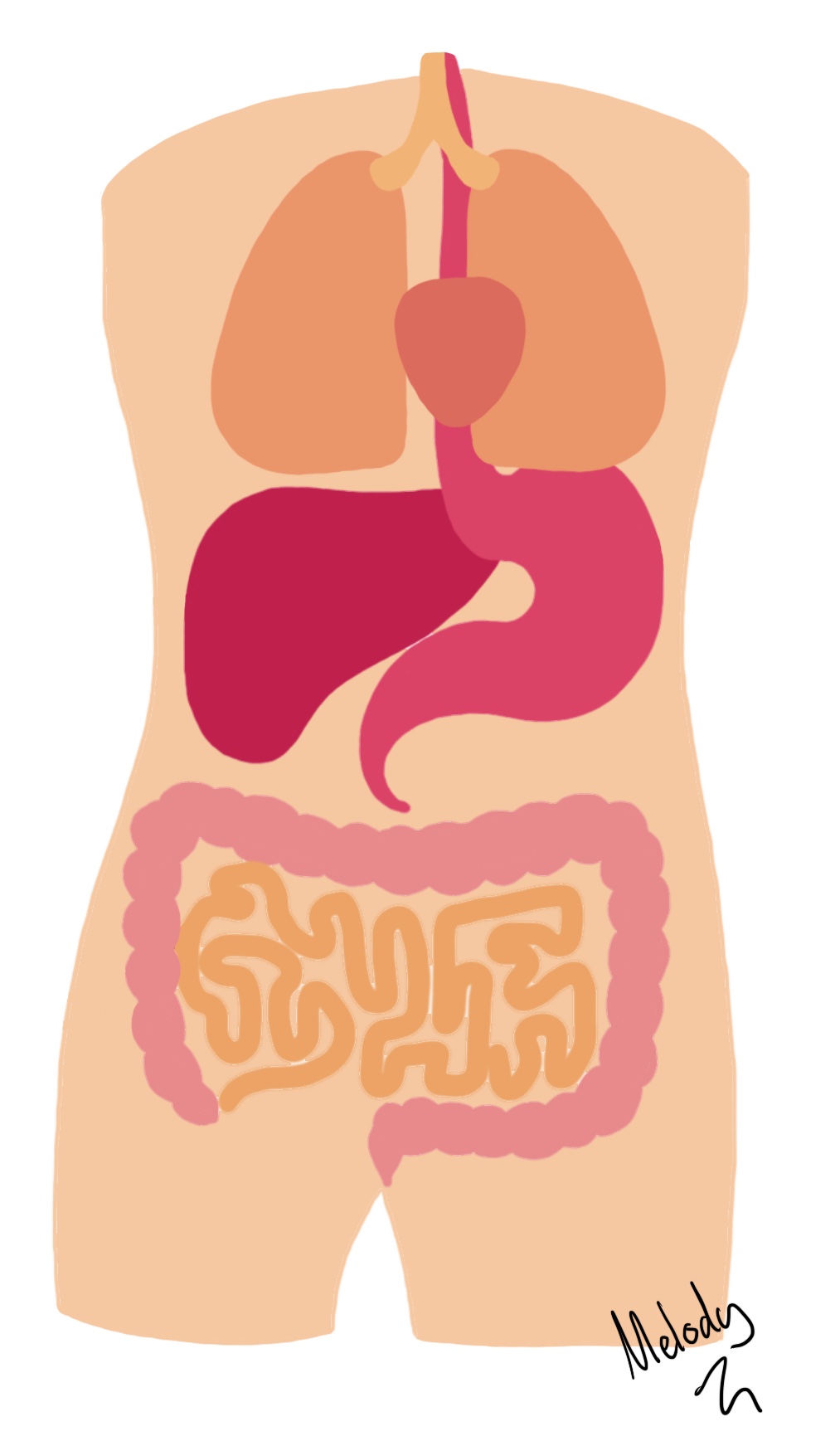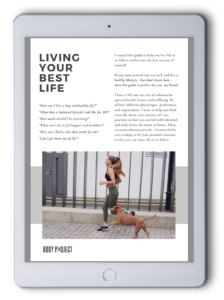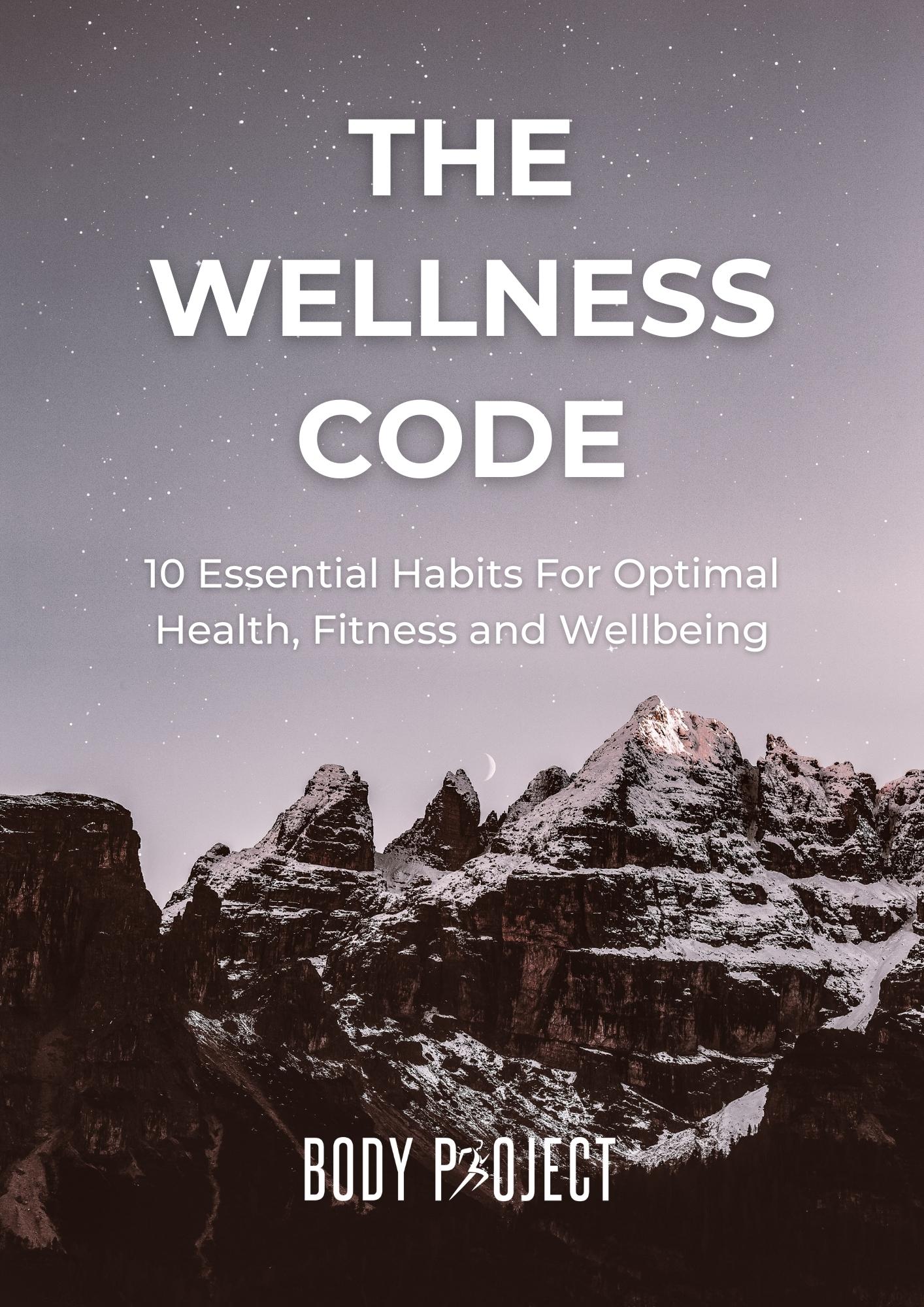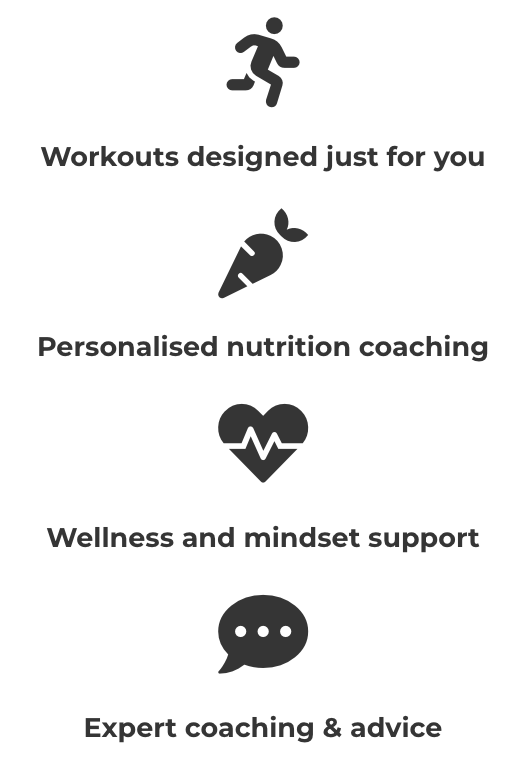Sign Up For Special Offers & Exclusive Content
What happens in our bodies when we sleep?
How much sleep do we need?
How can we get better sleep?
Great sleep is essential for our mental, physical, and emotional wellbeing and development.
We need sleep to survive and thrive as much as we need food and water. Humans spend around a third of their lives sleeping, and many of us aren't getting enough quality sleep...
What Happens When We Sleep?
People used to believe that our bodies and minds simply switch off when we sleep. In reality, all sorts of exciting biological processes kick in, allowing our bodies to heal and grow - both physically and mentally…
Body
- Our muscles relax, and the blood supply to them increases, delivering sugars which replenish energy stored in the muscles.
- Compounds like proteins and growth hormone are delivered all around the body via the bloodstream, sparking new tissue growth and the repair of damaged tissue.
- Toxic waste products are carried away in the bloodstream, such as lactic acid.
- Levels of the hormone cortisol - also known as stress hormone - are reduced, helping you to feel relaxed. This also reduces tissue decay, further supporting the growth and repair of new cells.
- Proteins are synthesised, such as cytokines which fight infection and inflammation, supporting a healthy immune system.
- Other immune cells and antibodies are also produced, which are essential for fighting off illness. This is likely why we need more sleep when we’re sick or stressed out.
- When we’ve had enough good quality sleep, our bodies are better at regulating the hormones ghrelin and leptin: responsible for making us feel either hungry or full, respectively. As you can imagine, if these aren’t being released and suppressed as they should be, there could be disastrous consequences! Without healthy hunger and fullness cues it's very easy to under- or over-eat.
Mind
- Waste products are cleared from the brain. Without sleep these waste products would stick around, causing a feeling of “brain fog” and decreasing cognitive performance.
- Memories from the day are processed and moved from temporary to a long-term storage.
- Physically, your brain grows and rearranges itself to accommodate new memories. This is known as neuroplasticity.
- Areas of the brain that regulate emotion show increased neural activity while we sleep, and we know that good sleep supports emotional stability. For example, when you’re tired you’re more likely to overreact in stressful situations, whereas it’s easier to stay calm and experience positive emotions when you’ve slept well.
Neuroplasticity: the brain’s ability to grow, adapt, and reorganise itself. It was previously believed that our brains didn’t grow once we reached adulthood, and so this has many exciting implications for adult learning and our ability to change negative behaviours and habits in favour of more positive ones.

What Happens When We Don't Get Enough Sleep?
It can be concerning to hear that a client isn’t sleeping enough, not just because they’re losing out on the results they should be seeing from their efforts in the gym (read this article on workout recovery to understand how sleep plays an essential role), but also because when we don’t get enough sleep we expose ourselves to a range of health issues ranging from mild/moderate to severe and life-shortening.
For most adults, regularly sleeping less than 7 hours per night is associated with increased risk of developing chronic health conditions, which could reduce life expectancy.
Sleep deprivation is associated with:
- High blood pressure
- Increased sympathetic nervous system activity
- Increased inflammation & pain
- Elevated cortisol (stress hormone) levels
- Weight gain
- Insulin resistance (a prediabetic state)
- Mood swings
- Anxiety
- Depression
- Poor memory
- Low focus and concentration
- Poor motor function (mind-muscle coordination)
- Adrenal fatigue
- Reduced libido (sex drive)
- Weakened immune system
- Chronic diseases (like diabetes and heart disease)
- Existing symptoms of seizures and migraines worsen
- Early mortality
Sympathetic & Parasympathetic Nervous Systems:
Your sympathetic nervous system is known as the fight-or-flight state. Its opposite: the parasympathetic nervous system is known as the rest-and-digest state, or the feed-and-breed state if you prefer.
Both are important for your health and survival, but it’s essential that you spend time resting & digesting. As you can imagine, spending all your time in fight or flight mode would be very stressful on the body!

The 4 Sleep Cycle Stages
In one night of healthy sleep you’ll naturally go through around 4-6 sleep cycles. A single sleep cycle takes around 90 minutes (although could be as long as 120 minutes), and consists of 4 stages:
N1 Non-REM Sleep
- This is the lightest stage of sleep
- Heart rate and breathing slow down
- Brain waves slow down
- Eye movements slow down
- Muscles might twitch
N2 Non-REM Sleep
- Light sleep
- Heart rate slows further
- Brain waves spike briefly then slow down
- Eye movements stop
- Muscles relax
- Body temperature drops
- Most of your night is spent in this stage
N3 Non-REM Sleep
- Deep sleep
- Brain waves slow down even further
- Eyes and muscles are completely still
- Growth hormone is produced, making this the most restorative stage of sleep
- Healthy young people spend around 20% of the night in this stage
- You'll spend more time in this stage if you’ve lacked sleep recently
- Older adults spend less time here: as little as 0% over the age of 65
REM Sleep
- REM (rapid eye movement) occurs
- Heart rate and breathing speed up
- Brain waves increase, showing activity levels similar to when you’re awake
- Dreams occur in this stage of sleep
- Chemicals temporarily paralyse the body, which stops us acting out our dreams
- The brain processes information, which is likely why people, objects and events from your life come up in your dreams
How Much Sleep Do We Need?
The recommendation for healthy adults who exercise is 5-6 sleep cycles of around 90mins per night, which translates to roughly 7.5-9 hours spent sleeping, not including the time it takes to fall asleep.
Discover the 10 essential habits you need to optimise your health, fitness and wellbeing in this free ebook.
The Sleep Council recommends the following number of hours per day for these age groups:
- 1 to 12 months: 14 to 15 hours
- 1 to 3 years: 12 to 14 hours
- 3 to 6 years: 10 to 12 hours
- 7 to 12 years: 10 to 11 hours
- 12 to 18 years: 8 to 10 hours
- 18 to 65 years: 7 to 9 hours
- 65 years and older: 7 to 8 hours
Remember not to take any of these generalised recommendations as gospel. If you or anyone you know notices that they function optimally on a little more or less than these figures, then that’s fine. We’re all individuals, plus our needs can change from season to season, or even day to day. Maintain an awareness of how well you function based on how much sleep you’ve had in order to work out the right number of hours for you.
In reality, your sleep routine could take a number of different forms. For example, up until the 18th Century, many people in the Western world adopted a "biphasic" (that means "two phases") sleep schedule. They'd go to bed for a few hours, wake up in the night and read, visit friends, or have sex, and then go back to sleep until morning. These were referred to as "firste and seconde sleeps" in historical texts. Quite inspiring, particularly when you consider that today's society considers night waking a problem. If you're someone who wakes in the night - don't sweat it! Just do something relaxing for a bit until you drop back off. If you're planning on sex it's probably best to wake your partner first though...
Why Is Sleep So Important?
Aside from avoiding the negative impacts of not getting enough good quality sleep, you’ll experience a number of worthwhile benefits from giving your body valuable recovery time:
- Growth and repair of muscles and organs
- Supports a healthy immune system
- Improved cognitive function, including:
- Learning ability
- Memory
- Problem-solving skills
- Creativity
- Decision-making
- Concentration
- Reduced stress
- Balanced appetite
- Supports emotional stability
- Healthy libido (sex drive)
- Reduced likelihood of chronic illness
- Reduced risk of heart attack or stroke
- More energy
- Increased longevity (longer life expectancy)
How To Get A Good Night's Sleep... Every Night
Getting good sleep doesn’t just mean getting enough hours in. It's also about the quality of those hours. In an ideal world, you’d drift off easily, sleep deeply for 4-6 sleep cycles, and wake naturally at the end of your final sleep cycle feeling refreshed.
Check out these tips to help you drift off more easily, improve the quality of your sleep, and get enough hours in. It’s worth dedicating some time and effort to enhancing your sleep routine, as it’ll pay dividends when it comes to your health, fitness, personal projects, learning, career, and relationships…
1. Practise Sleep Hygiene
Sleep hygiene essentially means cultivating a "clean" resting time and space, free from interruptions or distractions. Examples include:
- Not working or watching tv in bed
- Leaving a break between focussed work and bedtime
- Avoiding screens or other technology for a while before sleep
- Limiting stimulant (eg coffee) intake in the hours before bed
- Keeping daytime naps to a minimum.
2. Get Natural Sleep Where Possible
Natural sleep doesn't just mean avoiding drugs as sleep aids, but also includes the use of sensory patterns as cues for your body. Our bodies are primed to wake with sunlight and sleep when it’s dark, and particular sounds can also trigger sleeping or waking processes. We culturally associate sounds such as birdsong with the morning, and many of us have personal associations with certain sounds or smells that tell us it's bedtime. For instance, the relaxing scent of lavender can prompt our bodies to start producing the hormones we need for sleep.
3. Wake Up Naturally
Being jolted awake from a deep sleep by a blaring alarm clock is an unpleasant experience. There are a few techniques available to help you avoid an unwelcome adrenaline shot and enjoy waking up more naturally by gradually bringing yourself out of deep sleep. Leaving a crack in your blinds so that the sunrise can send natural light into your room is by far the most natural way to prepare yourself for waking.
If the sunrise doesn’t align with your schedule, or if you need to keep your blinds closed due to light pollution outside then there are some great products on the market you could try. Most smartphones and many alarm clocks can be set to gently wake you using gradually increasing sound and light emissions. Vibrating alarms - found in many wearables and activity trackers - can be an absolute godsend if you share a bed with someone who works on a different schedule from you.
4. Pay Off Sleep Debt Within 24 Hours
If you’ve missed out on some sleep for whatever reason, you only have 24 hours to make up for it. After that, the damage is done. Daytime naps can help you negate the ill-effects of not having slept enough, but be careful not to let them affect your next night of sleep.
5. Create A Safe And Comfortable Environment
Simple things like privacy, peace, the right mattress, and a variety of pillows to help you get comfortable in your preferred sleeping position can have a huge effect on your ability to drop off and sleep snugly. Try rolling up a soft blanket behind your neck to support your head, and if possible pop a V shaped pillow under your knees - bliss!
Because your body temperature drops slightly during sleep a colder room can help you sleep better, and a few warm-up exercises upon waking could help you feel more alert.
6. Listen To Your Body
Pay attention to what your body is asking for throughout the day, and particularly during the evening when it can be easy to zone out in front of the tv. If you notice that your body is giving you tiredness cues too frequently or at strange times, We encourage our clients to reflect weekly on their recent sleep quality, and support them to implement a more suitable sleep routine.
7. Practise Mindfulness
Mindfulness involves observing your physical, mental, and emotional state without judging or trying to make any changes. Whether you do this at some point during the day or just before bed, it can help you feel more relaxed, in tune with your body, and prevent you from ruminating on the past or worrying about the future. Meditation helps with mindfulness... read this article on meditation for beginners to find out how.
8. Be Flexible
Of course you need to listen to your body, but sometimes your schedule won’t allow you to follow your natural rhythms. If you know you're going to have to wake up early in the morning then you might as well try to sleep early too, even if you’re not tired, to avoid ending up with sleep debt.
9. Exercise
Exercising not only keeps you energised, but also prepares your body for good quality rest and recovery. Move and challenge your body often to improve the quality of your sleep.
10. Nourish Your Body
If you didn't already need another reason to nourish your body with a balanced diet rich in wholesome, nutritious foods, here's one anyway: you’ll sleep better. A diet that’s high in sugar and saturated fats will make you feel rubbish and affect the quality of your sleep. Alcohol, caffeine and recreational drugs also stop you sleeping as deeply, even if some of them help you to drop off a little quicker.
11. Hack Your Hormones
For those who are sensitive to carbs, this trick works wonders. By eating a meal with complex carbs a couple of hours before bed, or some simple carbs around half an hour before, you can cause my blood sugar and therefore my insulin to spike, leaving you drowsy and almost unable to keep your eyes open. Ever get that mid-morning or mid-afternoon energy slump after a carby meal? Some call it the "carb coma". You can avoid lapses in energy by switching from more carb-heavy meals early in the day to something higher in quality protein or healthy fats. Wait until the evening to eat the stuff that makes you sleepy.
12. Offload Stressful Thoughts
If you're the type of person who can't let go of stubborn thoughts when it's time to relax, you could benefit from keeping a notepad and pen next to your bed. Write down your thoughts in a format that feels right: some people make to-do lists for the morning; others simply churn out pages of internal dialogue; some like to draw pictures or doodle while they allow their troublesome thoughts to dissipate.
Keeping a nighttime journal also acts as a brilliant mindfulness exercise. By going back and reading your notes you can identify key areas to reduce your stress, change your mindset if you find you're ruminating over unimportant issues, and establish the factors influencing the length and quality of your sleep in order to gain a better understanding and some control over the situation. Or you could just throw the notes away… very cathartic! Remember not to use an electronic device for your journal, as screen lighting can be excitatory when preparing the body for rest.
13. Prepare The Essentials
Keep some lip balm, a bottle (not a glass!) of water, and maybe an emergency pull cord next to your bed… okay, that one was a joke. Other supplies our clients keep at their bedside are essential oils, tissues, and a mini LED light for nighttime toilet trips (so they don’t have to switch lights on and interfere with melatonin - sleep hormone - production).
14. Take Care Of Your Personal Hygiene
You spend a lot of time in bed (or you should, anyway), so take care of it. Flip and turn your mattress, change your sheets regularly, wash before bed and wear fresh pyjamas. Not only does this keep your sleeping space pleasant, but it also helps build a disciplined and purposeful mindset around sleep. Sleep time should be respected as an essential part of your life and an asset to your health.
15. Take A Relaxed Approach
If you can't fall asleep, or wake in the night, don't beat yourself up about it. Remember that healthy sleep could take on a number of different forms. Remember our 18th century friends from earlier? Take a leaf out of their parchment and do something peaceful rather than getting worked up. You might drop back off, you might not, but either way you'll still be allowing yourself some form of rest.
Search Posts
Free Download
Popular Posts
Discover Online PT
Read More Helpful Articles
Subscribe For New Post Updates
Receive new posts, special offers, discounts, plus exclusive content that we only send out via email.
Don't miss out!








